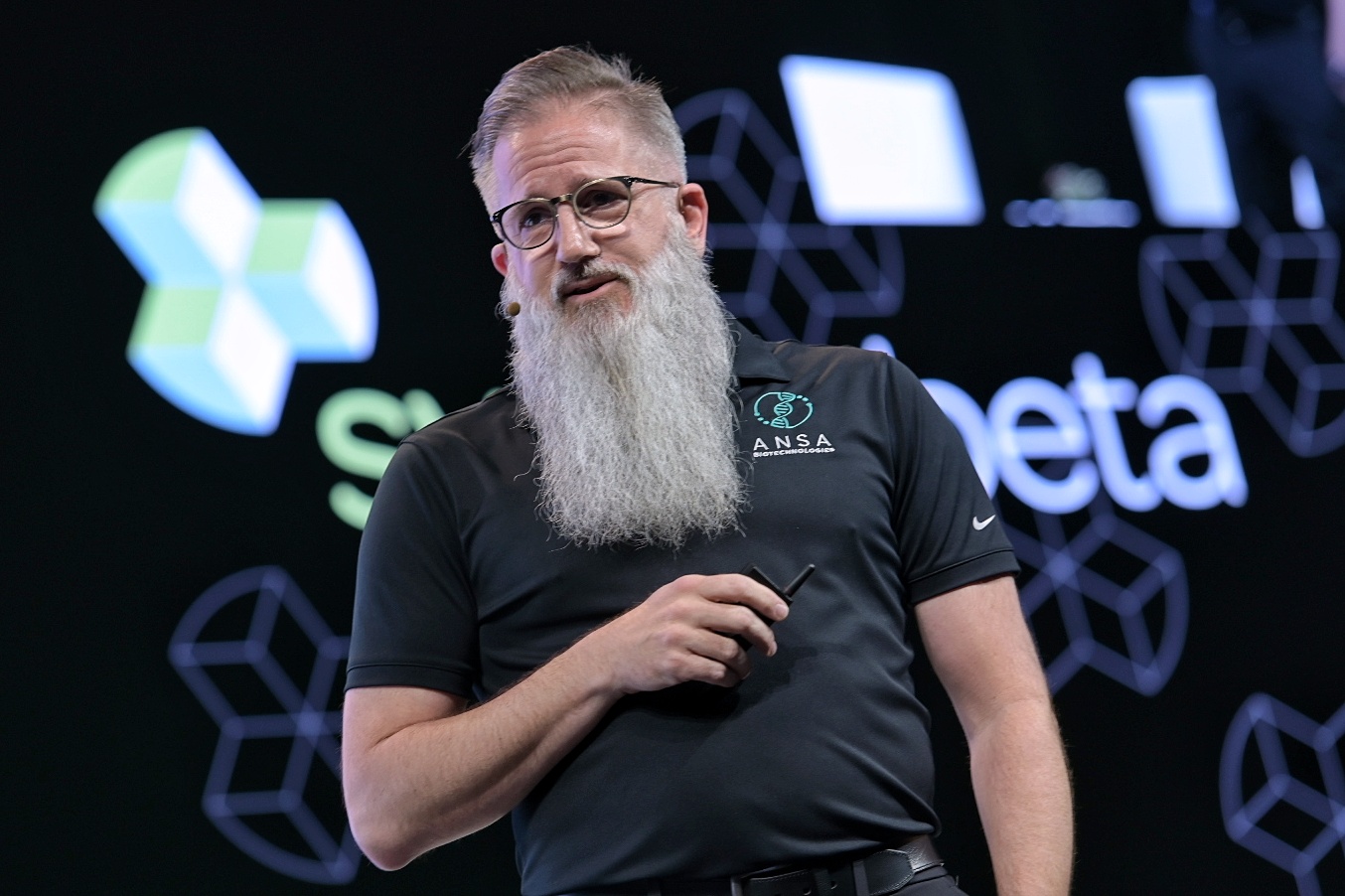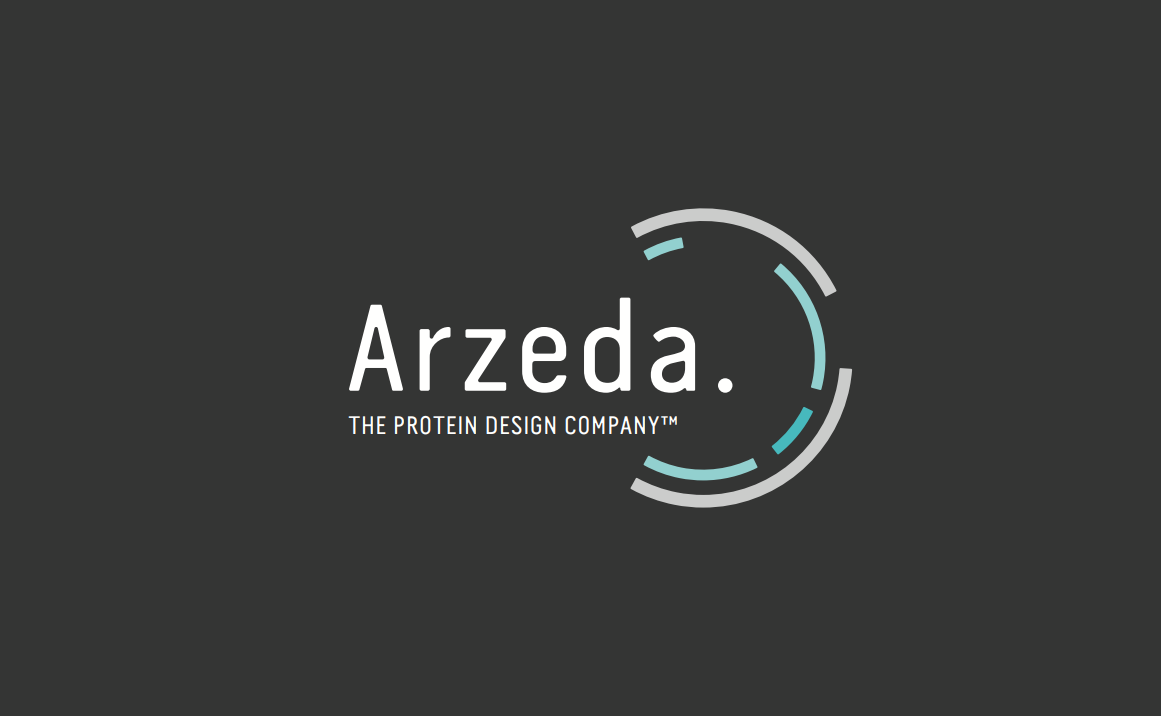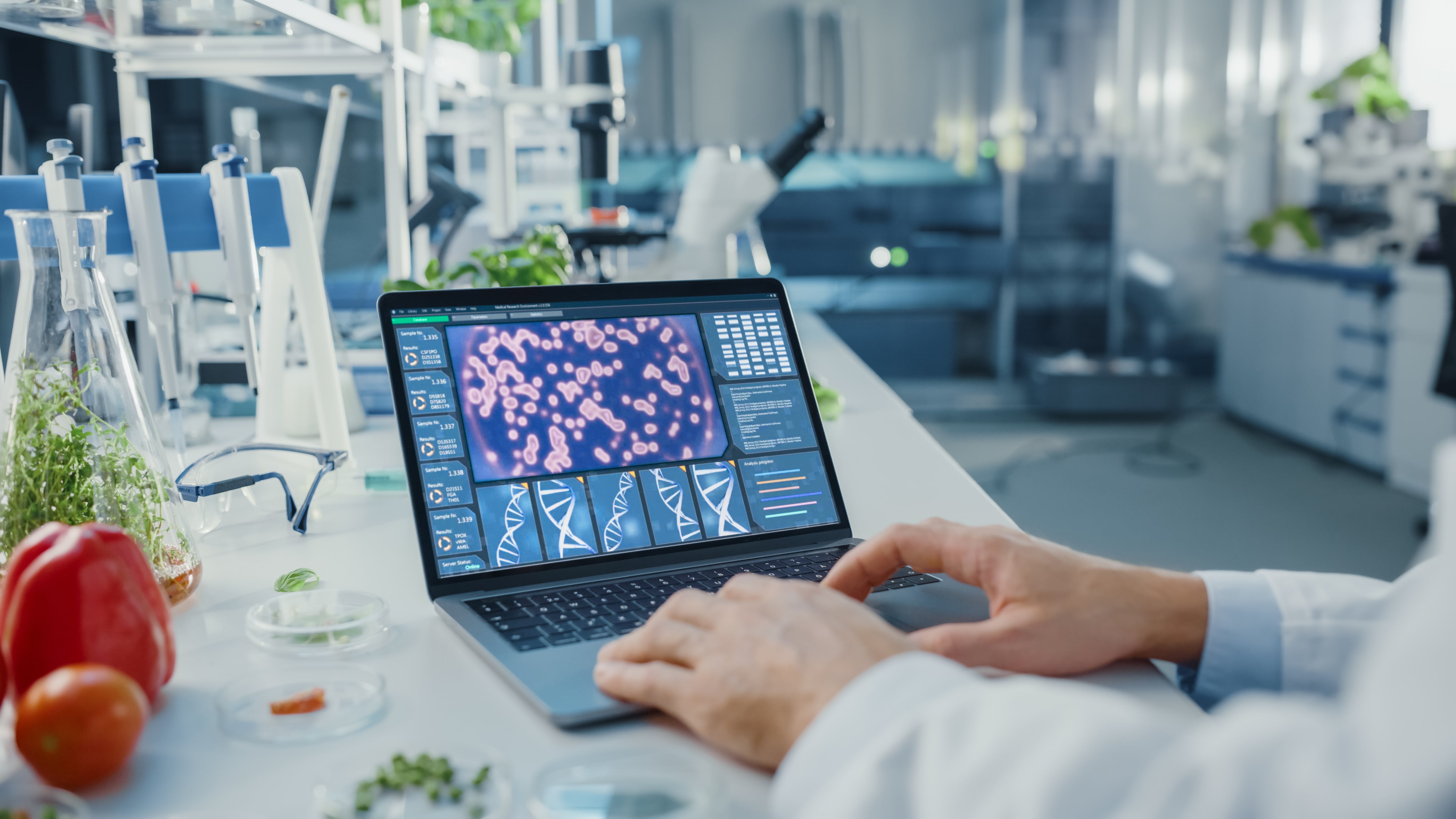
What -- and who -- is synthetic biology?
What -- and who -- is synthetic biology?
If you ask three synthetic biologists, "What is synthetic biology?", you are likely to get four, maybe five or more answers.
So what is it?
Simply put, synthetic biology is an engineering approach to biology. The goal is to create and use tools that allow us to design and build functions in cells. It's really that simple, but there's tremendous power in that idea. Why?First, if you give cells the right mix of food, they will divide and divide and divide. Imagine that you design a cell to make a substance, such as a food ingredient. One tiny cell isn't going to produce much. But if your little food factories divide and fill a fermenter the size of a house, then your cells are going to produce a lot.Second, cells are like little computers. They sense many factors in their environment, add those factors together, and compute the best response to their situation. Synthetic biologists can use this ability to program smart cells. For example, we can teach immune cells to behave so that if they see a cancer, they not only latch on, but also call their friends and maybe even release a cancer drug that is made within the cell itself. In the future, it's likely that we will design cells with the ability to make many different drugs and, depending on the health status of the person, produce the drug that the person needs in just the right quantity at just the right time.
Who are synthetic biologists?
In addition to "what" is synthetic biology, another important question is "who" is synthetic biology. What kinds of people are in this field, and what are their motivations?Synthetic biology is a kind of mixture of biology, engineering, computing, and many other fields. There's a combination of scientists (who tend to look for answers to natural phenomena) and engineers (who tend to build things). There are computer experts and microbe experts. And there are people from universities as well as small and large companies. So the people who call themselves "synthetic biologists" tend to come from many different backgrounds and perspectives. Synthetic biology tends to attract people who are curious about other disciplines and naturally open to collaborating with others.At its best, the synthetic biology community focuses on the social impacts of this technology. That includes having honest conversations about emerging issues in areas like biosecurity and biosafety. It also includes ensuring that we as a community are focused on applying our abilities to the needs of society, whether it's feeding everyone, making sustainable materials and energy sources, or treating disease.Synthetic biology is an aspirational field, both in terms of technology and social goals. That is the kind of community we aim to foster at SynBioBeta.



.svg)









-min.png)

.gif)